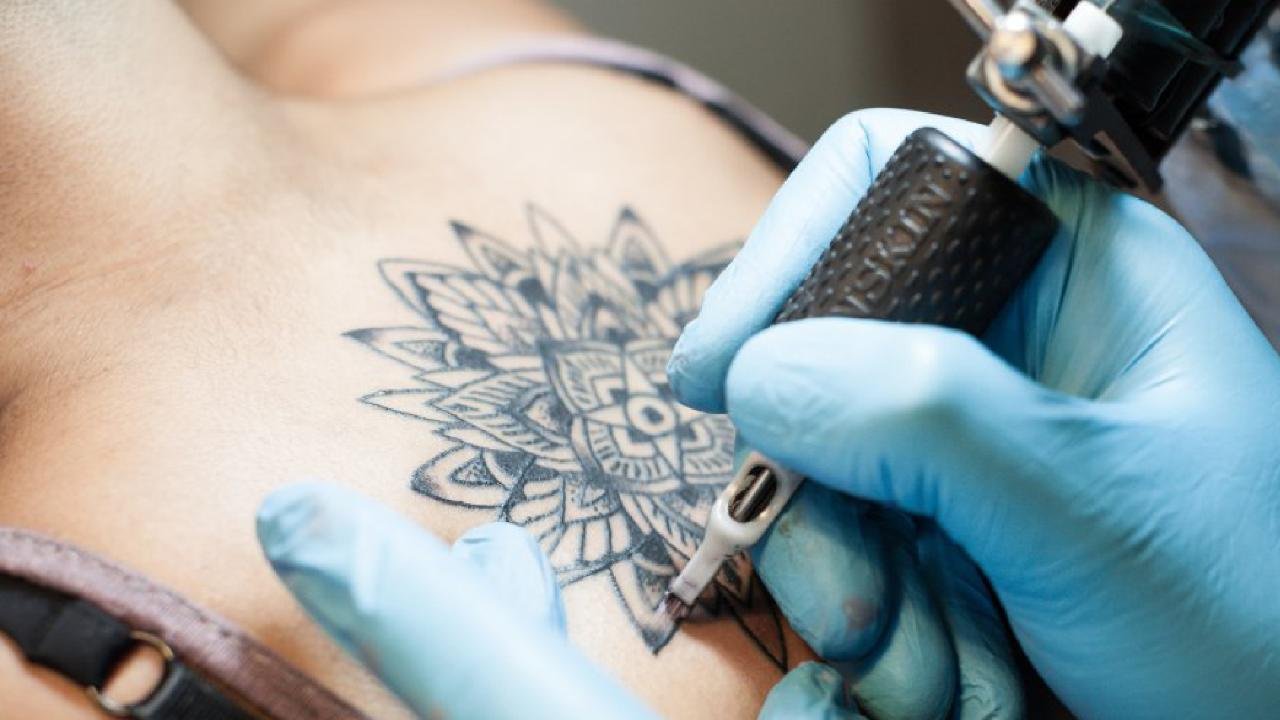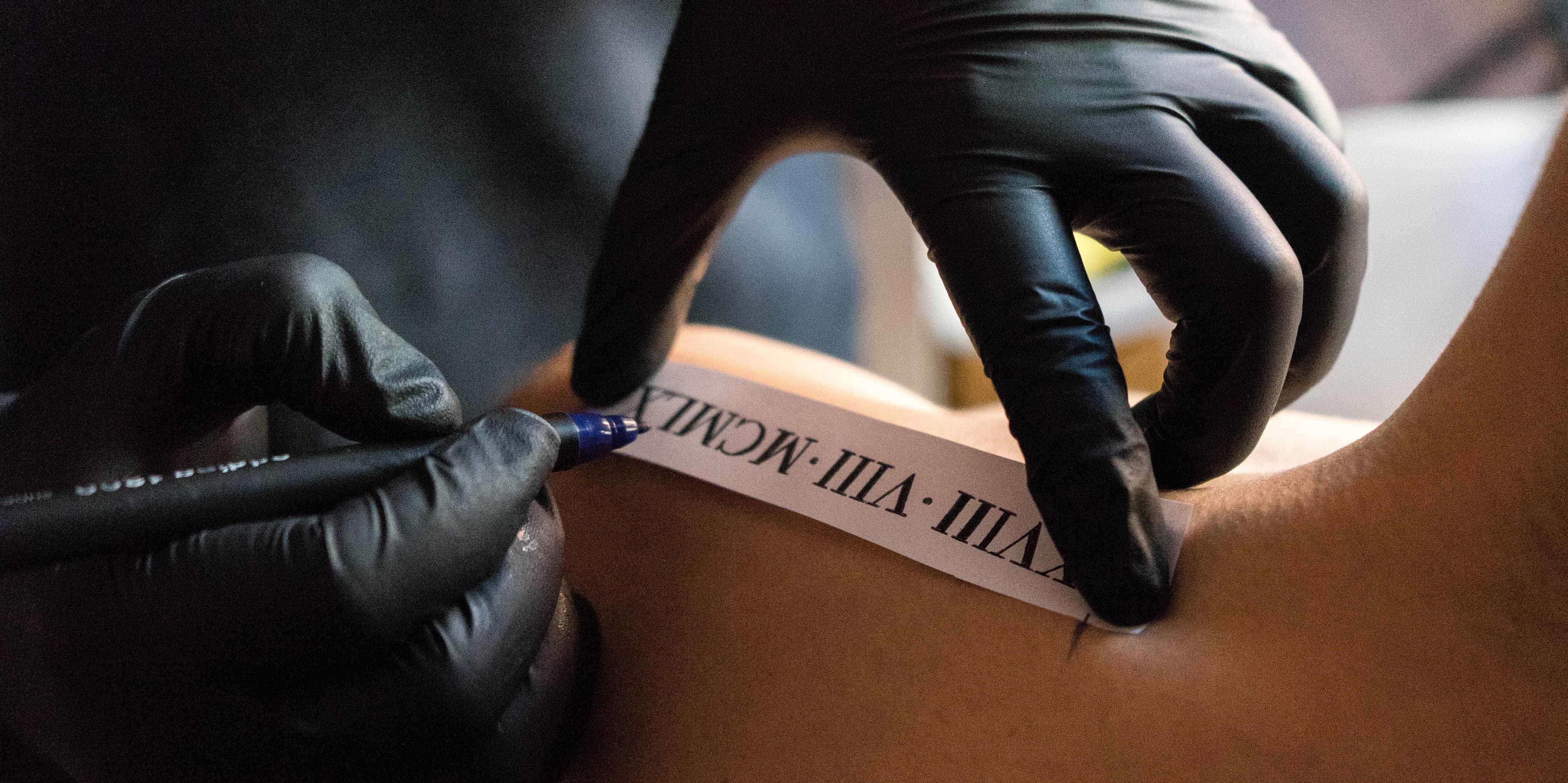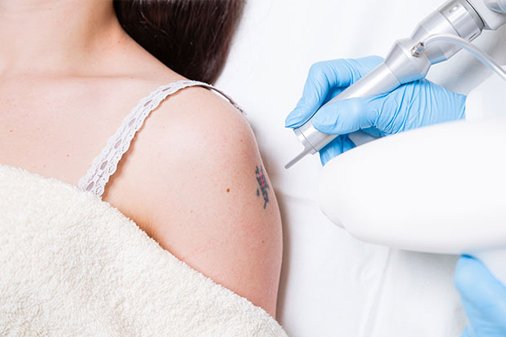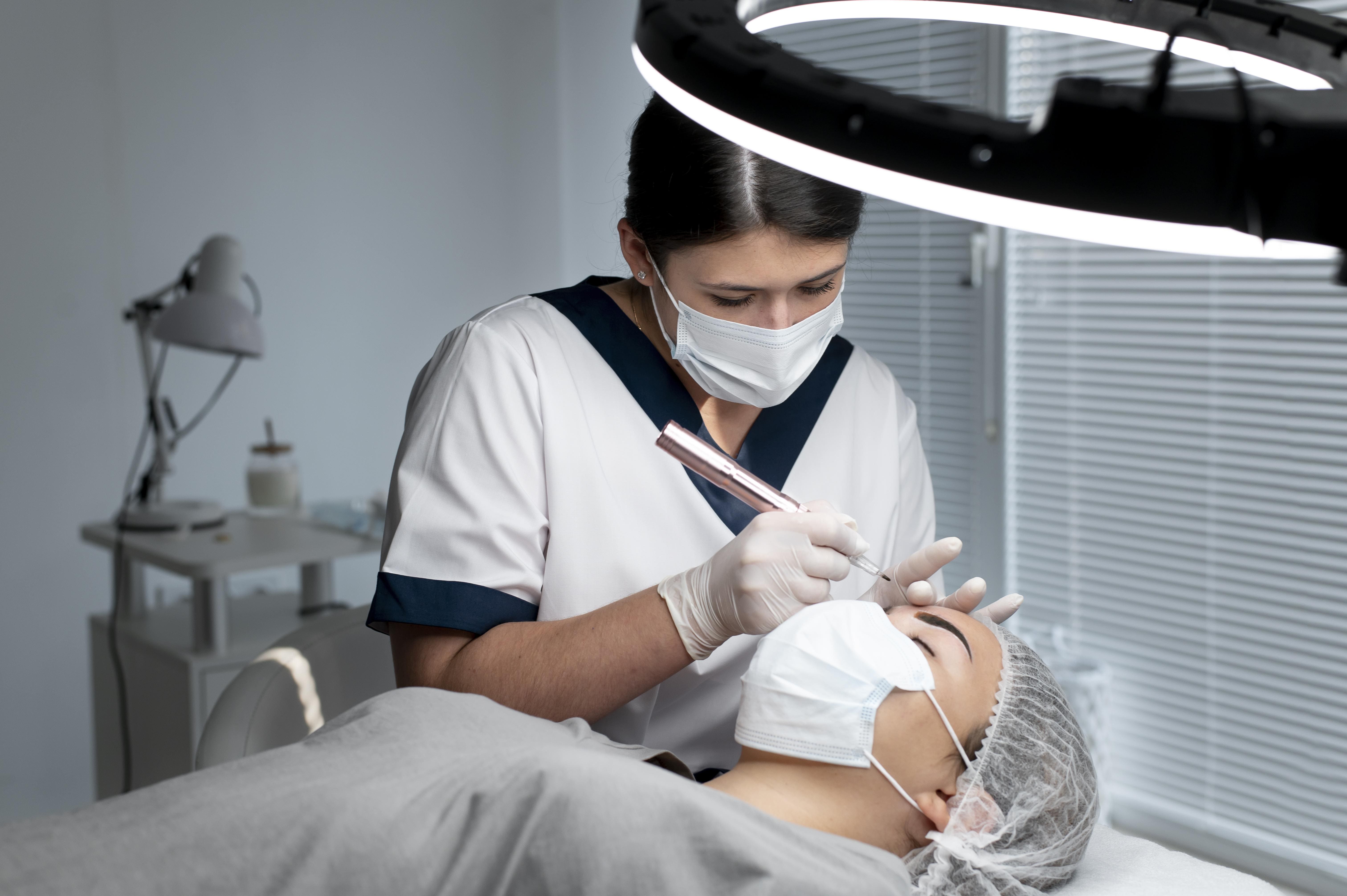Atchima Talk: Tattoos chaged the Life

Many people think that tattoo is only for aesthetics, and it is popular in some groups of people. However, do you know that the tattoo has been used for a very long time and now has been introduced to use in medical treatment? Therefore, it becomes the topic, "Tattoos changed life"
The Importance of Tattoos
Tattoos have been performed since ancient Egypt since there is evidence of a tattoo found in the mummy. The tattoo was used to represent a symbol of patriotism for soldiers before the war or the Maali tribe. In the past, boys who began to grow into men got tattoos as a symbol of warriors, prisoners, or different beliefs. Nowadays, tattoos are increasingly used for beauty purposes such as permanent eyebrows, eyeliners, lipliners, and lips. Moreover, it is used for medical purposes to hide body defects in the case of scars, vitiligo, hair loss, or lip tattooing in cleft lip and cleft palate by matching the colors of the tattoo with your skin tone. Although the tattoo is popular, it is not always safe. The dangers or side effects of tattooing are numerous, such as

The Side Effects of Tattoos
1. Infection of tattoo equipment or tattooed skin area
This is an important factor that can cause serious infections such as HIV, Hepatitis C, or transfusion-transmitted microbial agents including tuberculosis or tetanus bacteria. Therefore, each tattooing must be careful, and technicians must be experts and concerned about the cleanliness of the places and equipment.
2. Dermatitis caused by tattoo or its substances allergy
This is the cause of keloid or tumor. Tattoo ink contains heavy metals, mercury, iron, and cobalt, and when it embeds into the skin, it leads to many chronic diseases.
Many people who have problems with their tattoos such as emotional feelings, family issues, or their jobs are able to remove their tattoos by following these methods:

The Ways to Remove Tattoos
1. The Use of Etching Acids Such as Nitric or Sulfuric Acid
It can be used to remove the ink in small tattoos.
2. Surgical Removal
In case the tattooed skin is very small or not in an important position, the physician will remove those skin areas and suture wounds.
3. Dermabrasion to Remove the Skin or Tattoo Ink
Sandpaper can be used to scrub the tattoo. This method requires sandpaper with special properties and sterile. In addition, a high-speed rotary device that has an abrasive wheel or brush can be used to remove the tattoo ink away from the skin.
4. Laser Surgery
It is very popular nowadays as it has a good performance and safe as well as gives a defined result. It can be used in both small and large tattoos. The laser energy goes down to the skin so that the ink will be divided and excreted from the body. Before laser treatment, a dermatologist will select the laser type which is suitable for each type of tattoo. Laser tattoo removal is effective for multi-colored tattoos.

However, it is suitable for removing dark-toned ink such as black. In terms of light-toned inks such as light blue, yellow, red, and white, they are more difficult to be erased and required multiple treatments. For the number of laser tattoo removal, it depends on the type of ink color, the amount of ink color, and the method of tattooing.
Although laser tattoo removal is effective, if we choose the wrong type of laser, it could cause problems. Laser machines must be standardized and specifically operated for tattoo removal. After laser treatment, the wound should not be exposed to water. Patients must also strictly apply or take medicine as prescribed by the doctor and should not peel off or scratch the wound because it can cause an infection. Moreover, the patients must avoid sunlight and keep themselves healthy.
Therefore, when you want to tattoo once, you must think carefully. Otherwise, the tattoo may eternally change your life.
Contact Us
- Call-center: 089-9006100
- North Park (Ngam Wong Wan): 02-954-9440
- Ratchapruek: 02-863-8765
- Sukhumvit 39: 02-259-6992
- Line OA: @MEDISCI





